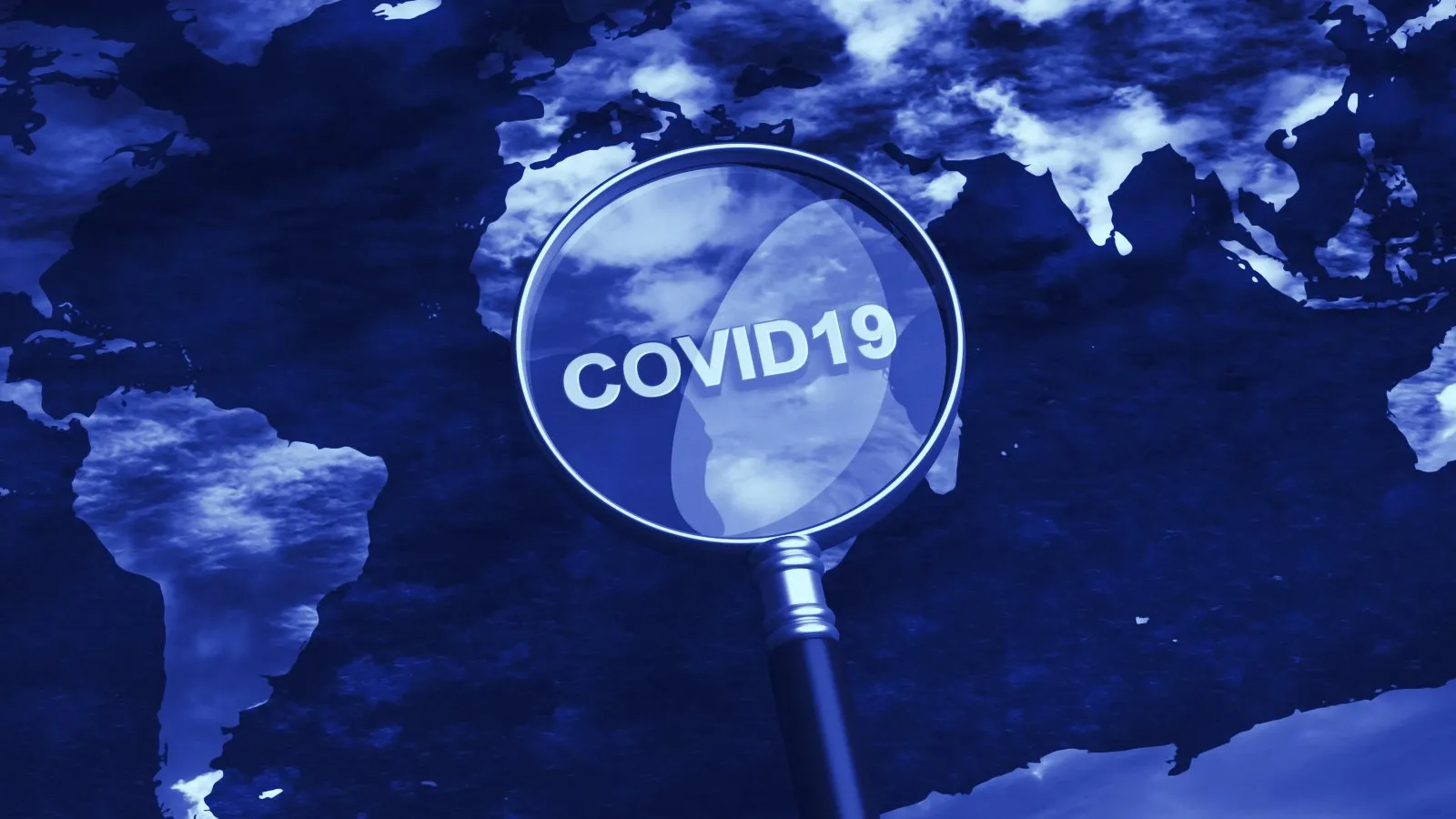In brief
- Tech giants and health organizations are working on a blockchain-based data hub.
- Called MiPasa, the project will collect and verify data related to the coronavirus.
- MiPasa is built on the Hyperledger Fabric blockchain.
The World Health Organization has teamed up with tech giants IBM, Oracle, and Microsoft, as well as decentralized platform Hacera, to create an open-data blockchain hub that lets people check whether they have been near anyone who’s been infected with COVID-19.
The project, called MiPasa, is based on enterprise-grade blockchain Hyperledger Fabric. It comprises various analytics tools and data sources that help citizens and public health officials detect coronavirus infection hotspots.
Public health officials and individuals using the system can “upload data about the time and exact location of different infections,” Hacera wrote in a blog post on Friday.
Notably, MiPasa doesn’t collect any personal information from its users but will alert them if they were in the vicinity of anyone infected with the coronavirus.
MiPasa already receives data from the World Health Organization, the Center for Disease Control and the Israeli Public Health Ministry, said Hacera. It is using the data to build a map of all those that are infected.
It uses data analytics and privacy tools “that were previously only available to elite financial institutions,” Hacera wrote in its latest blog post, and adapts them “for a public health context.”
A multi-disciplinary group of health professionals, software and app developers and privacy experts is already supporting the project. Decentralized platform Unbounded Network is responsible for the onboarding process.
Johns Hopkins University, Hong Kong Department of Health, China’s National Health Commission, American and European Centers for Disease Control and Prevention and the government of Canada have already joined MiPasa.
As Decrypt reported earlier, experts from the Massachusetts Institute of Technology are working on a similar coronavirus-tracking app, that also puts users’ privacy first. The app, which doesn’t use the blockchain, will keep uninfected users anonymous but will inform them if they were close to a COVID-19 patient.
Given its inherent immutability, blockchain technology is a popular choice for projects creating verifiable databases—that information integrity is sustained is especially important when lives are at stake.
Elastos DMA, a Shanghai-based blockchain firm, announced earlier this month that it is building an app that logs users’ health information on the blockchain.
The app, called GreenPass, encrypts location information and stores the hash of that data on the blockchain.
Discussion about users’ privacy is central to coronavirus tracking apps. Governments are rolling out increasingly intrusive surveillance systems to track the coronavirus. Will they remove them once COVID-19 is contained?

